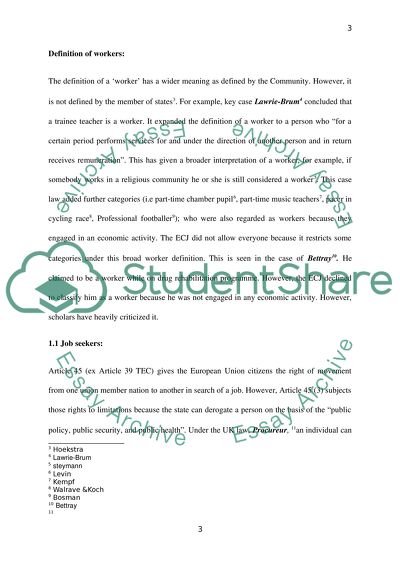Cite this document
(“Law Essay Example | Topics and Well Written Essays - 1500 words - 2”, n.d.)
Retrieved from https://studentshare.org/law/1467935-law
Retrieved from https://studentshare.org/law/1467935-law
(Law Essay Example | Topics and Well Written Essays - 1500 Words - 2)
https://studentshare.org/law/1467935-law.
https://studentshare.org/law/1467935-law.
“Law Essay Example | Topics and Well Written Essays - 1500 Words - 2”, n.d. https://studentshare.org/law/1467935-law.


